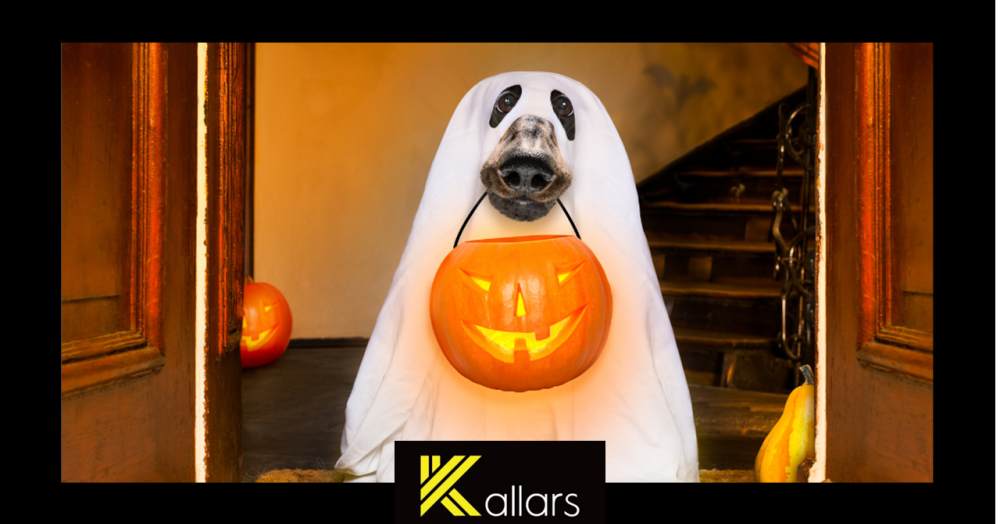Spooky season is upon us. It's all pumpkin-spiced lattes and woolly jumpers, and TV is filled with re-runs of classic horror movies. But a haunted house is haunted all year round, isn't it? Would you live in a haunted house?
Haunted houses are a common setting for all things spooky, and many of us love stories of ghosts and ghouls. TV shows like Strange but True and Most Haunted are very popular. Have you ever felt a spirit presence or seen an apparition yourself? Maybe you've been on a ghost hunt, spent time in a supposedly haunted building, or tried to communicate with the spirit world. But would it affect your decision to buy a property if you knew it was haunted? And how does it affect your sale if you share your home with a ghostly spirit?
How Much Could a Ghost Cost You?
If you do share your home with a ghost, does it impact the value? If you suspect your property is haunted, do you have to disclose that to a buyer? Studies have suggested that homes considered haunted or stigmatized may sell for anywhere from 10% to 30% less than comparable properties without spooky associations. But, without evidence of paranormal activity, many buyers simply don't believe in ghosts. Sceptics will have to see before they believe in a house being haunted and where there is no evidence that a property is haunted, so it should make no difference when buying a new home. Paranormal enthusiasts might find your home more attractive than a simple home without ghostly tenants.
With that in mind, there is every chance that the estimated 10-30% reduction is way off the mark and your home value might be entirely unaffected.
When a Haunting Can Boost Property Value
Believe it or not, not everyone is spooked by spectres. In fact, for some buyers, a haunted house can be quite the selling point. For lovers of the paranormal or people interested in the history of a haunted property, a ghost could be a unique selling point. Homes with a famous ghost story or historical significance can attract a niche market of buyers willing to pay a premium for the intrigue.
Would it put you off a property if you knew some unexplained happenings and bumps in the night? Or would you love the chance to research past residents' history and learn more about the spirit with which you share the property?
Legal Considerations: What Sellers Need to Know
If your home has a haunted reputation or history that could scare off buyers, it's important to be aware of your legal responsibilities. Disclosure laws vary, and in some cases, you may be required to inform potential buyers about any deaths or supernatural events associated with the property.
There is no specific requirement to disclose hauntings in the UK, but sellers must answer any direct questions honestly. If a buyer asks explicitly about ghostly occurrences, you must be upfront. Being transparent can help avoid legal issues down the road if a buyer feels they were misled about the property's reputation.
The Final Verdict: Is Your Haunted House a Trick or a Treat?
In the end, whether a haunted house lowers or raises the property value depends on the buyer and how the home is marketed. For some, a ghostly presence may threaten their investment, while others may view it as a unique and intriguing feature. Selling a haunted house can be tricky, but with the right approach, even the spookiest of properties can find its perfect buyer. So, if you're living in a haunted home and worried about its market value, don't be afraid; your buyer might just be a paranormal enthusiast looking for a place with a little extra character!
Whether you're spooked by the idea of selling a haunted house or intrigued by the possibilities, it's always best to consult a property expert who can help you navigate the unique challenges (and opportunities) that come with selling a home with history—ghosts and all.
Would it put you off? Or would you relish the chance of sharing your home with someone from the spirit realm? Or do you live in a haunted house - we'd love to hear about it!


